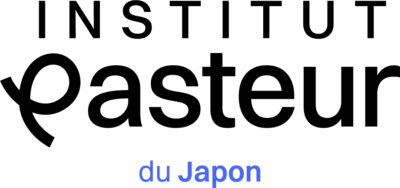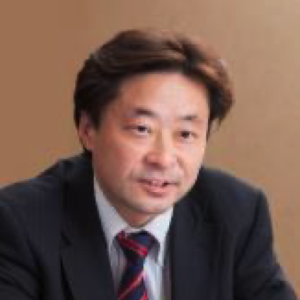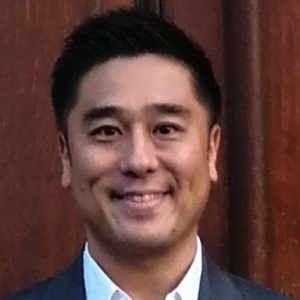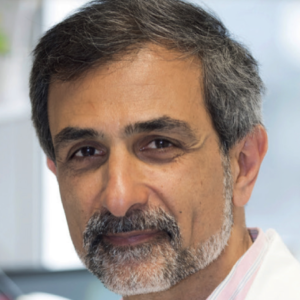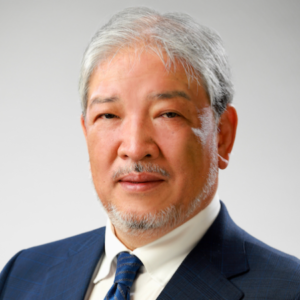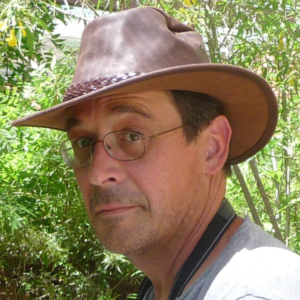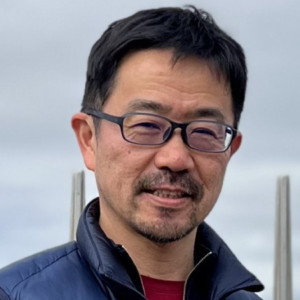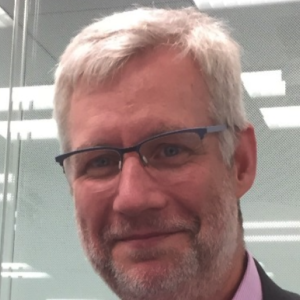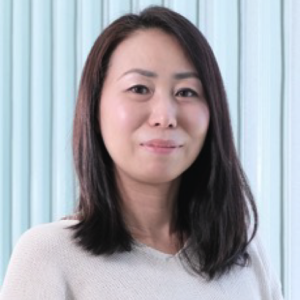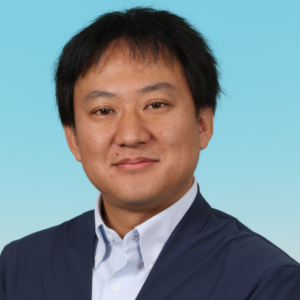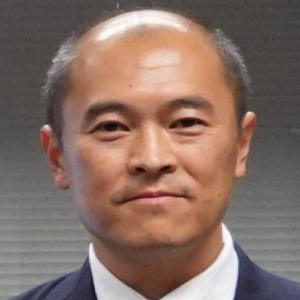Building Cooperation and Trust in the Field of Healthcare

April 7th brainstorming session discussion summary
Foundation Pasteur Japon
What are some ongoing challenges to consider?
- Communication/cultural differences between the West and East (for example: France and Japan)
- In Japan, doctors usually act as the higher authority over the patient, but the Western way of thinking (the patient acts as the higher authority) is increasing around the world
- However, the relationship between doctors and patients has changed; nowadays, doctors need to explain, not only tell, what is going on to patients to gain their trust
- Immunization can be a controversial topic
- Immunization occurs when one is healthy vs. other medications are used when one is sick, making it more likely that patients/people will not follow recommendations from doctors/health authorities
- Immunization is not taught as much in Japanese medical schools compared to American medical schools
- Education at a young age will make it more likely that people will follow recommendations
- There are valid opinions on both sides of the argument; learning about both sides is important
- Whether people trust or do not trust information depends on the source of the information
- During the 1990s, Japan introduced sanitary association systems during cholera (information conveyed by municipalities to citizens and they were well-trusted)
- After Fukushima nuclear incident, distrust toward the Japanese government grew
- Classifying society into a single unit may be too much of a simplification
- Science cannot be classified into a single unit as well
- Science literacy – important for people to come up with their own informed opinion on topics and issues in the science field
What are some conclusions made/goals to strive for?
- Gaining the public’s trust is key
- Opponents can be vocal; they also have the right to be heard and have their issues addressed
- Gaining trust takes time yet is very easy to lose
- Too much competition in science is not good because it can breed corruption and mistrust; cooperation is key among social scientists and medical professionals
- Social media can be dangerous as it is sensational and can spread false information quickly, but if used correctly and ethically can be a great tool to communicate ideas to the public
- Quality of science is impacted by the condition of work, so improving the latter will improve the former
- Use scientific evidence to find solutions and plan actions
General questions for the future
- What is the current goal at hand regarding this topic?
- How can scientists be sensitive to varying views about science?
- Who verifies the information that is released to the public?
- What are the viewpoints of the stakeholders (general public) involved?
- What is trust in science like now compared to different periods in the past?
- How does one verify that there is a “trust in science”?
- What is the government’s role in science and what is it aiming to do?
